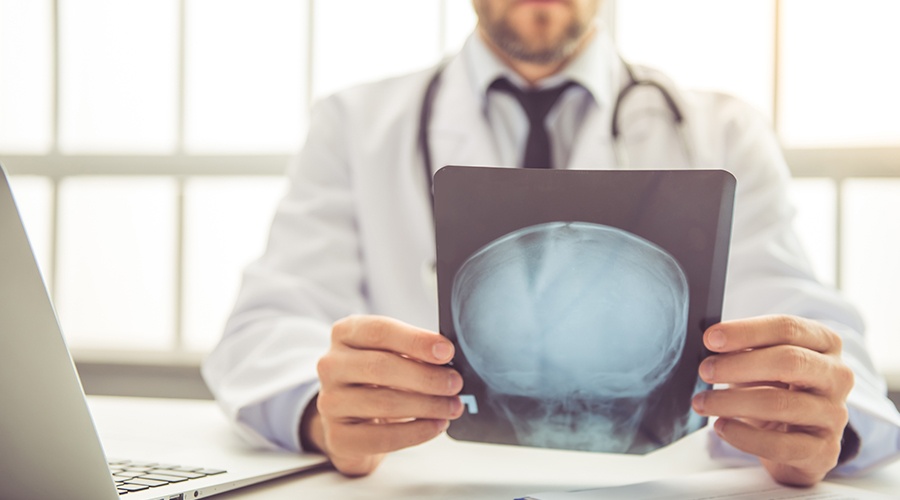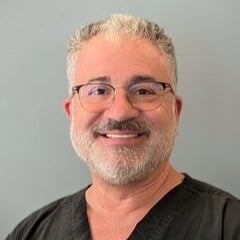If there were only one number to gauge your overall health, fitness, and longevity, it would be...
What to Do After a Concussion: 5 Tips

A concussion is a brain injury that anyone, at any age, can suffer. Concussions are in the news quite a bit of late in relation to injuries sustained while playing sports, primarily football and hockey, though athletes of all ages and levels are also at risk in soccer, lacrosse, or any other contact sport.
Not often mentioned, but even more common, are those who suffer brain trauma from a car accident or simple fall. So what should someone do if diagnosed with a concussion? Often, the prescription is rest, however, there are certain steps he or she should take to start, accelerate, and improve the recovery process.
After a concussion, a patient should seek medical care right away, follow a customized recovery plan, receive hyperbaric oxygen therapy, adjust food choices, and refrain from drinking alcohol.
Let's address these further:
1. Seek medical care immediately.
Even though there are plenty of instances in which a person will know right away that he or she has a concussion (i.e., brief loss of consciousness), there are other cases involving lesser-known signs. Such concussion symptoms include frequent headaches, dizziness, inability to concentrate, and light and noise sensitivity, among others. Once someone notices these warning signs, he or she should contact a health care provider to be evaluated. Once the doctor confirms a patient has a concussion—and determines its severity—the patients can then focus on treatment.
2. Follow a customized recovery plan.
Each concussion case is different, from the cause to the symptoms to the severity. As a result, the treatment program should be customized specifically for the patient. Patients should follow a recovery plan that is tailored to their presentation, formulated by a trusted health care provider.
Several tests to help create this plan may include, in addition to a general physical exam, a neurocognitive evaluation, a quantitative electroencephalography (qEEG), a computed tomography (CT) scan and/or a brain MRI scan incorporating diffusion tensor imaging, and vision and balance assessments.
After completing this evaluation, a personalized plan to match the patient’s recovery needs will be reviewed and initiated. Neurofeedback training, nutritional support, physical therapy, cognitive therapy, vision therapy, intravenous therapy, and chiropractic care, among others, are often included.
3. Receive hyperbaric oxygen therapy.
Hyperbaric oxygen therapy, also called HBOT, is a key concussion treatment. HBOT is a non-invasive therapy that employs the healing properties of 100% oxygen under pressure to aid in increasing blood and oxygen flow to the brain, counteracting the impact of concussions and other brain injuries. Hyperbaric oxygen has also been shown to regenerate blood vessels and nerve fibers, reduce swelling and inflammation in the brain, and increase stem cell circulation. All of these benefits may lead to a faster, more effective recovery journey for concussion patients.
4. Adjust food choices.
Specialty diets, such as the ketogenic diet and/or a paleo diet may be recommended, as well as the addition of medium chain fatty acids. Some supplements to consider include various vitamins, COQ-10, and glutathione.
5. Refrain from drinking alcohol.
The U.S. Centers for Disease Control and Prevention (CDC) advises adult concussion patients, specifically: “Do not drink alcoholic beverages until your doctor says you are well enough. Alcohol and other drugs may slow your recovery and put you at risk of further injury.”

Written by Alan Katz, MD, FUHM, FACEP, FAAEM
Dr. Alan Katz, National Medical Director of Hyperbaric Medical Solutions (HMS), is double board certified in Emergency Medicine and Hyperbaric Medicine. He directs clinical operations, education and research initiatives, and the integration of other regenerative medicine therapies....
Read More



